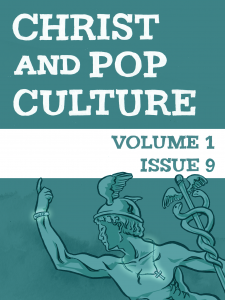By Tyler Glodjo. The following is an exclusive feature that has been shared with you but is otherwise available only in Issue #9 of the
Christ and Pop Culture Magazine. For more features like this, download our app for iPad and iPhone from Apple’s App Store.
After a one-week free trial, monthly and yearly subscriptions are available for $2.99 and $29.99 respectively. New issues are made available every other week. More information here.
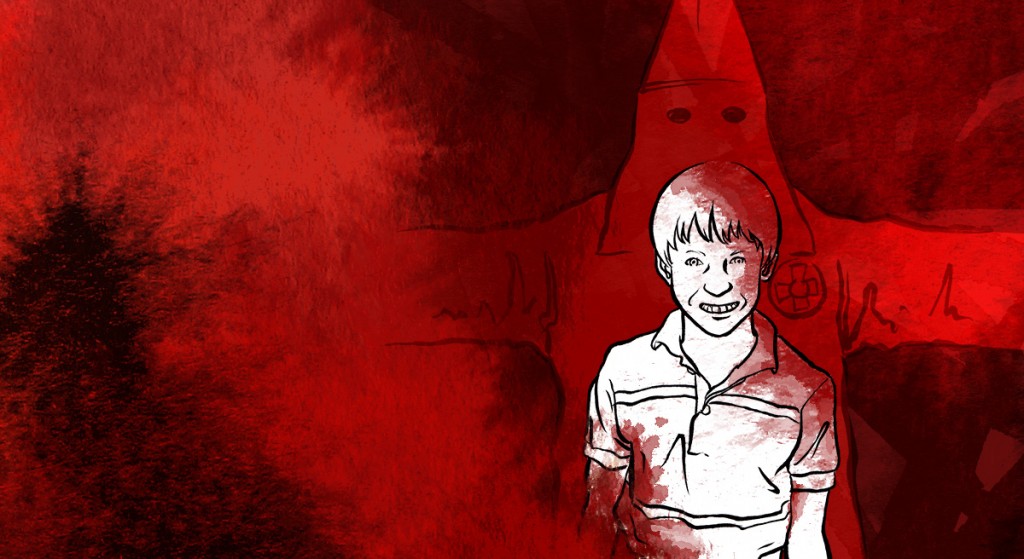
“Look! There’s a white man in our school!”
Those words stunned my ears as I walked through the hallway at a local elementary school. I smiled and continued walking, but as I looked at the pictures of all the kindergarten classes on the wall, I now noticed there were no white kindergarteners at this school. In fact, out of a total student population of 413, only 6 were white. These numbers might not be staggering if you live in a densely populated urban center, but this event took place in my own city of Jackson, TN, which has a population of 67,000 and no suburbs to which whites have fled. As I sought to understand how a public school could be 99% African American half a century after the Supreme Court shot Jim Crow and school segregation dead, I found that race, education, and church have a very convoluted history in my community that has many implications for evangelicals today and the unity of the body of Christ.
***Disclaimer: This is a discussion on race by a white man, addressed to whites, about our whiteness. While I use collective pronouns such as we, us, and our, I recognize that my words do not reflect the convictions of all whites. In fact, many will vehemently disagree. I do, however, believe the the topics addressed demand a critical examination of the role whiteness plays in U.S. society today and the implications that has for racially unified churches.***
When we talk about race, it’s usually a conversation of contrast (i.e. white vs. black), or it’s about the black experience. As whites, we have a tendency to take our own whiteness off the table, as if it’s irrelevant to the discussion, or as if it’s not a race at all, but a lack of race. The beginning of a productive dialogue on race, then, must first be understanding our own whiteness and the implications it carries in a racialized society, defined by Michael Emerson and Christian Smith, in their nation-wide study on evangelicals and race in America, as a society “wherein race matters profoundly for differences in life experiences, life opportunities, and social relationships” (Emerson and Smith, Divided by Faith 7). You see, like it or not, race matters. It matters for where you live, what job you have, what school you attend, what church you belong to, what social groups you participate in, and a myriad of other ways in which we live, thrive, and have our being in this country.
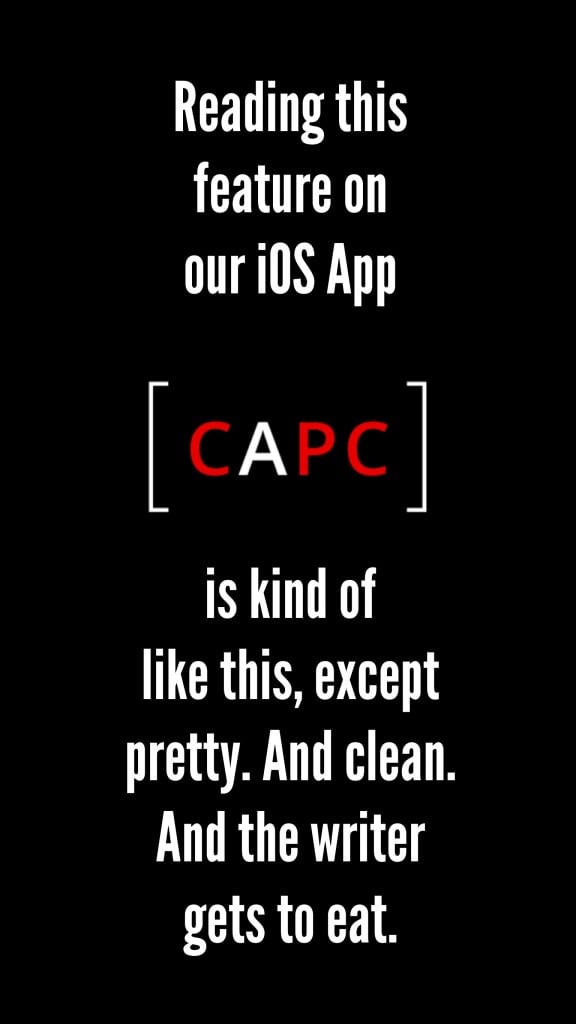
The significance of race today is due, in part, by historic racism embedding itself in the fabric and consciousness of our country. When an entire population is enslaved for the first hundred years of a nation (1776 to Civil War, though many years before), and deemed second-class citizens for nearly a century following (Civil War to Civil Rights), they are not all of a sudden viewed as equal by the majority population just because a law was passed. We’re not even 50 years removed from nearly 200 years of legalized racism! The result is what we can call a “racialized system.” Kivisto and Croll describe this system as being “normalized and hidden…a cultural phenomenon wherein whites are not particularly cognizant of their own race, or of the racialized nature of their position in society” (Race and Ethnicity 55). Because us whites have been the majority group for so long, and because we’ve only conceptualized race around others (i.e. non-whites), we don’t necessarily see our whiteness as a “race,” nor do we recognize the advantages it grants us. Race matters, but we’re blind to it because it’s never been forced on us.
This brings us to that phrase that can be quite offensive to many whites: white privilege. I feel like many of us take offense at this phrase because we hear it as an accusation of “Racist!” or “White supremacist!” But white privilege is not a charge of racism against individual whites as much as it is a descriptor of the way things are for us as the majority group in our nation. It’s a phenomenon that critical theorist Robin DiAngelo describes as “basic rights, values, beliefs, perspectives and experiences purported to be commonly shared by all but which are actually only consistently afforded to white people” (“White Fragility” 56). White privilege simply means that us whites have a tendency to assume that others in our country have the same experiences and opportunities we do, when that is not the case.
If you don’t believe me, consider this list by Peggy McIntosh of the many ways white privilege manifests itself today: White Privilege: Unpacking the Invisible Knapsack. Can you rest assured that you won’t be followed or harassed while shopping? Can you swear, or dress down, without having people attribute it to the bad morals, poverty, and/or illiteracy of your race? Can you avoid being asked to speak for all people of your racial group? If a cop pulls you over, can you be sure you haven’t been singled out by your race? Can you worry about racism without being accused as self-interested or self-seeking? Most whites can answer yes on all points.
But this article is not ultimately about racialization, nor is it about white privilege. These are simply concepts that are necessary in order for us to begin engaging a much deeper conversation on race within the body of Christ in our nation. So with all of the aforementioned said, I begin with a confession:
I am a racist.
Years ago, when I was a member of a very homogenous youth group at a very homogenous Southern Baptist church, racism became cool. As I think back on those very poignant months in my life, I am now utterly flabbergasted. We waved our Confederate flags, called ourselves the White Panthers, and repeatedly exclaimed, “White power!” to anyone who crossed our path. I don’t remember all of our justifications for those hateful actions, but what I do remember was the lack of disapproval or discipline from our families and other members of the church. Just as a boy who gropes a girl in middle school can be declared innocent because “boys will be boys,” it’s as if those who witnessed our racial hatred thought, “Oh, how cute! I’m so glad our good kids play so well together.”
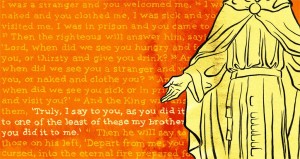
I have since wept and repented over these sins, though I still despair that such sin went unchecked and even celebrated. As I look back on those events, I now understand why our prejudice was accepted. Within a homogenous community, hatred too easily becomes “cute,” discrimination becomes “play,” and racist punks are considered “good kids.”
This is the danger of our white privilege, and it’s a poison in our churches that many of us don’t even see. You might think you’re immune to this disease because you don’t use racial slurs and you sing Jesus loves “all the little children,” but you’re not. As whites, we still conceptualize racism in terms of slavery, the KKK, and the Jim Crow South, but such is not the case anymore. In the United States today, racism does not typically manifest itself as overt acts of violence or discrimination; it rests within our society’s systems and institutions, often perpetuated and reproduced by whites who may consider themselves the least prejudiced of persons.
We live in a land that grants us certain privileges based on our skin color, privileges that are withheld from those who don’t look like us. As much as we’d like to believe it, whites and blacks in the United States are not on equal footing, and pretending that we are leads to fragile egos, hostility, and disunity within the body of Christ. If we want to talk about race and reconciliation within our congregations and communities, we must first begin by critically examining the power and privilege that comes with our own whiteness.
Because we often fail to fully grasp the depth of our nation’s history of racializing minority groups, white evangelicals have forged a gap between our own orthodoxy and orthopraxy with regard to race relations. While our white preachers proclaim the nondiscriminatory nature of the Christian gospel and even provide biblical reasoning and impetus for cultivating multiracial congregations, we continue to blindly participate in institutionalized systems of segregation that perpetuate the very racial division we say we want to see end
This brings me back to my original question: How does a public school in Jackson, TN come to be 99% black when it is 1) home to one of the many lawsuits that finally ended school segregation throughout the South 45 years ago and 2) has only one black resident for every two whites ones? The answer: segregation academies, a phenomenon not uncommon throughout much of the South in the late 1960s and early 1970s. If you happened to guess white privilege, that fits too.
Segregation academies were private schools that opened across the South as a result of white parents keeping their kids out of desegregated school systems. Many of these academies were parochial in nature, and it was common for them to operate on church property and receive tax-exempt status. As I looked into the educational history of my community, I found that many of the most prominent private schools still operating today were founded during the tumultuous years of desegregation. As legislation was passed that closed segregated schools, rezoned districts, and instituted busing, new private schools opened quickly thereafter. For a small city with no suburban escape, private schools became the ’burbs of white flight.
But that was 40+ years ago, right? Unfortunately, no. As I looked at the present numbers for public and private schools in Jackson, I found stark division between the races. There is a significant deficit of white students in the public schools. While the community as a whole is 60% white and 37% black, the public schools are almost the exact inverse at 60% black and 34% white. The private schools, on the other hand, have a white student population of 94% or higher.*
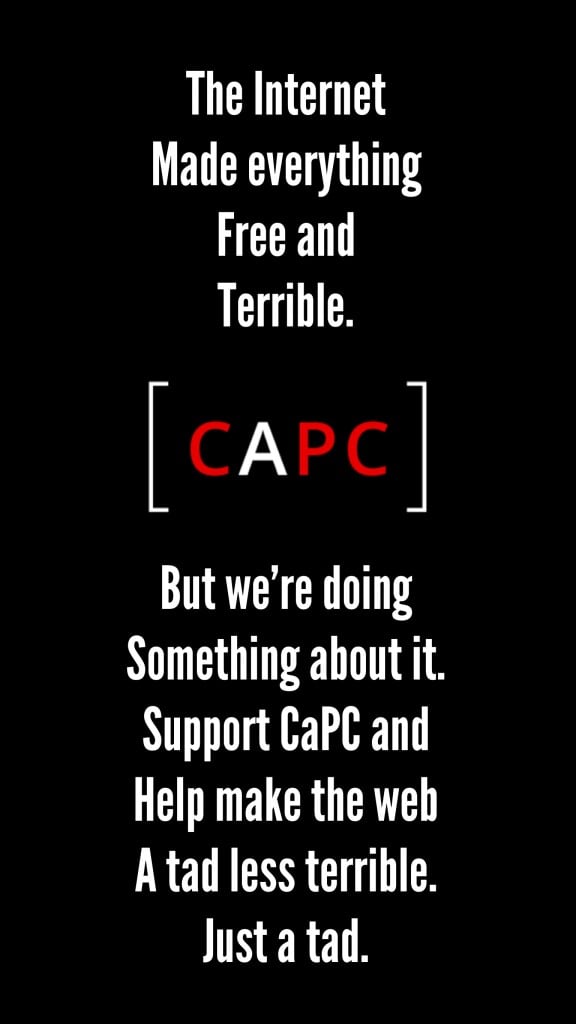
Despite these numbers, however, one thing is clear: whether or not these private schools started out of racist motivations (it would be quite a coincidence if not), they do not presently operate in a discriminatory manner, nor are they comprised of racists, as we typically use the term. While overt racism may have been the beginning of many of these schools, racialized systems of power and white privilege have perpetuated it to the point of resegregation. There are no longer any all-white and all-black public schools because Jackson effectively operates a predominantly black public school system and a nearly all-white private school system. The racial and socio-economic disparities between public and private school students in Jackson are the result of historically validated white privilege that has been normalized and institutionalized for decades.
So what does all of this have to do with racial reconciliation and the unity of the body of Christ? All of the private schools are either explicitly evangelical or have their roots in evangelicalism. From my experience in many of Jackson’s predominantly white evangelical churches, it is generally accepted that parents who want the best for their children send them to a local private school. This is common because many of the schools are supported both directly and indirectly by white churches throughout the city. Keep in mind, there are no black churches or multi-ethnic churches with private schools in the area. White Christians in Jackson, while being a people that outwardly support justice and oppose racism, participate in this system of racialization. Herein lies the blind spot on race within white evangelical circles: while promoting racial reconciliation and multiethnic diversity within the church, we negate such claims by perpetuating segregation outside the church by means of private education.
So should white parents “sacrifice” their children’s education for the sake of equality? Yes, no, and maybe. I think we should consider the dichotomy we’ve created between public and private education, and use care in the vocabulary we use to describe it. For example, if private schools are the “good” schools, then what are the non-private schools? The inherent assumption is that they’re bad. Is that truly the case? As a public school teacher, I can say that many schools often labeled as “bad” or “failing” are not always as substandard as they’re painted to be.
We also need to ask if public education really is a sacrifice, or if private school has simply been the standard for our racial and socioeconomic groups for so long that anything else is inferior by default. As we discussed earlier, when something has been normalized for so long, we can become blinded by its own shortcomings and fail to critically examine its benefits. Most importantly, however, we must remember that our family decisions are not to be separate from our Christian faith. By no means am I writing this to judge parents who feel private education is best for their children! On the other hand, I am trying to draw attention to how our choices impact that which we preach from our pulpits. If you’re an all-white church, in an all-white neighborhood, sending your kids to an all-white school, then preaching on racial reconciliation must challenge the all-whiteness of your people.
This article, however, is not about public versus private education. It’s about the implications of not critically addressing our own whiteness when engaging dialogue about race. The public/private school situation in my context is simply a symptom of the racialized society in which we live – a society that is strikingly not post-racial. The vitriol that followed the Zimmerman verdict proves this.
 However, in the midst of all of the racially-charged arguments that have occurred across the internet recently, some black evangelicals have done great service to the body of Christ by writing to white brothers and sisters about their experiences as black Americans and why the Zimmerman trial was pivotal for the African American community. For example, see rapper Trip Lee’s argument on why we should not just move on following the trial, and professor at Wheaton College, Dr. Shawn Okpebholo’s, account of the discrimination he has faced in his own neighborhood in the Chicago suburbs. I have also recommended Christena Cleveland’s “3 Things Privileged Christians Can Learn from the Trayvon Martin Case” as essential reading on this topic.
However, in the midst of all of the racially-charged arguments that have occurred across the internet recently, some black evangelicals have done great service to the body of Christ by writing to white brothers and sisters about their experiences as black Americans and why the Zimmerman trial was pivotal for the African American community. For example, see rapper Trip Lee’s argument on why we should not just move on following the trial, and professor at Wheaton College, Dr. Shawn Okpebholo’s, account of the discrimination he has faced in his own neighborhood in the Chicago suburbs. I have also recommended Christena Cleveland’s “3 Things Privileged Christians Can Learn from the Trayvon Martin Case” as essential reading on this topic.
Some prominent white evangelicals have also chimed in on the Zimmerman verdict, acknowledging the plight of African Americans in our country. Al Mohler went the emotional route, lamenting the “one talk I never had to have with my son,” while Russell Moore posited the more theological imago dei in all men regardless of race. On the one hand, I am very supportive that these public figures have chosen to publish on a controversial topic. If you don’t think they were writing outside their tribe, just read the comments. Or better yet, disgust yourself by reading this kinist critique of John Piper’s support for Trayvon Martin
I am conflicted though. While I respect the fact that these men made public comments that were not received favorably by white supremacists, and while we certainly need sympathy and theological grounding, I still feel as if their responses fall short of encouraging true and honest racial dialogue. All of these figures, and the Southern Baptist denomination as a whole, have been very vocal about the need for racial reconciliation in our churches, but reconciliation is not going to happen if we stop at sympathy. Telling your black brother in Christ that you’re sorry you won’t have to talk with your son about the dangers of being a young, black male is akin to sending a hungry man away in prayer when you have bread in the pantry.
By no means am I saying whites have something that blacks need and we have a paternalistic responsibility to do our part. I am, however, saying that sympathy is not enough. It falls short. Our unity will not come from feeling sorry. In order to engage in productive and meaningful dialogue on race, we need to examine our own whiteness and challenge the racialized systems in which we participate. In my particular context, this means addressing the racial divide that has been perpetuated by segregated systems of education. For some families in my church, it has meant forgoing private school for the not-as-bad-as-you-think alternative. They deemed public schooling as fundamental to belonging and serving within their immediate community. At the very least, challenging a racialized system means recognizing that something is broken, even if it appears to work just fine for benefit of a particular group.
By this point, I’m sure you’re wondering, “Now what?” What practical steps can we take to resolve institutionalized racism? Unfortunately, I don’t have all the right answers, but I know the right questions aren’t asked enough. Go back to Peggy McIntosh’s list and ask yourself how your whiteness bears on the situations you find yourself in each day. If you’re concerned about a multi-ethnic congregation, first ask if your social life is segregated outside the church before you even begin to worry how to get whites and blacks to enjoy worship in the same space. I do know that when we start asking the right questions, we’ll start reaching appropriate answers. And remember that my primary concern is unity within the diverse body of Christ, so these questions cannot be asked outside of authentic friendships with believers of different racial and socioeconomic backgrounds. Make friends. Visit churches. Share meals.
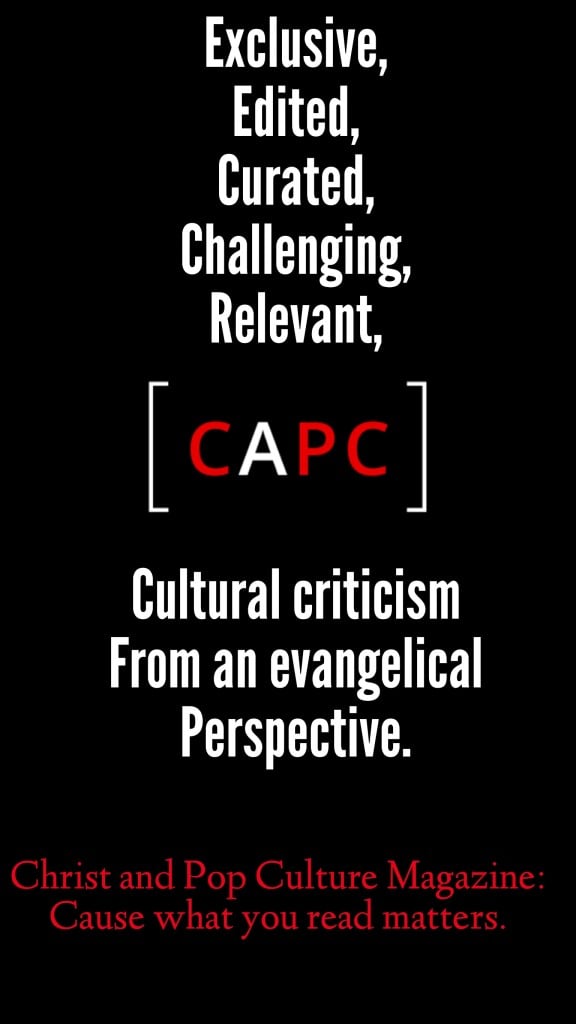 As Christians, we are called outside of our own nation, racial group, socio-economic status, educational background, and even residential location for the sake of Christ and Him crucified. We serve a God who created infinite diversity among us so that the only common denominator would be Christ! It is imperative, then, that we foster unity through love and humility. For us whites, as members of the majority group in a racialized society, part of that means we challenge our own cultural assumptions and privileges for the sake of loving each other greatly.
As Christians, we are called outside of our own nation, racial group, socio-economic status, educational background, and even residential location for the sake of Christ and Him crucified. We serve a God who created infinite diversity among us so that the only common denominator would be Christ! It is imperative, then, that we foster unity through love and humility. For us whites, as members of the majority group in a racialized society, part of that means we challenge our own cultural assumptions and privileges for the sake of loving each other greatly.
As Christena Cleveland says, “Privileged people of the cross seek out, stand with, and stick their necks out for people who have problems that are nothing like their own.” While it is not uncommon to hear religious leaders quote the popular trope that Sunday morning is the most segregated hour in America, maybe its time we face the hard fact that Monday through Saturday is no different. If we want to see change, we need to begin asking tough questions. How should our schooling decisions reflect our community? How should our churches foster unity both within and outside their walls? How do we promote equity and justice, when we ourselves begin with an advantage? The answers aren’t going to be easy, they may even require us to stick our necks out a little bit, but we’ll be better for it.
* All private school demographics were retrieved by phone and email correspondence with admission counselors at some of the largest private schools in Jackson.
Tyler Glodjo lives in Jackson, Tennessee with his wife and two kids, where he teaches ESL in the public school system and adjuncts at Union University. When he’s not throwing living room dance parties for his kids, he can be found contemplating cultural theory in coffee shops or enjoying indie board games with friends.
Illustration courtesy of Seth T. Hahne. Check out Seth’s graphic novel and comic review site, Good Ok Bad.
Also see: Why the Church Should Invest in Early Childhood Intervention.
